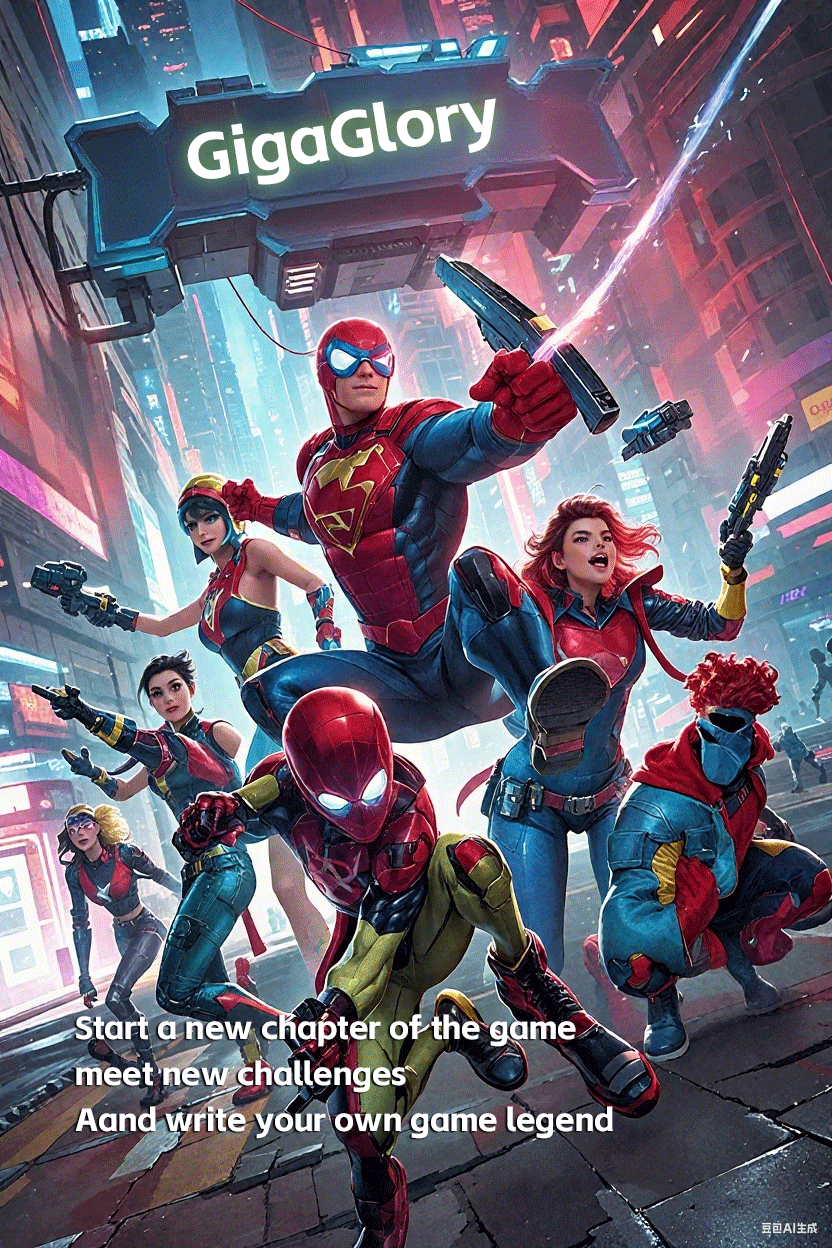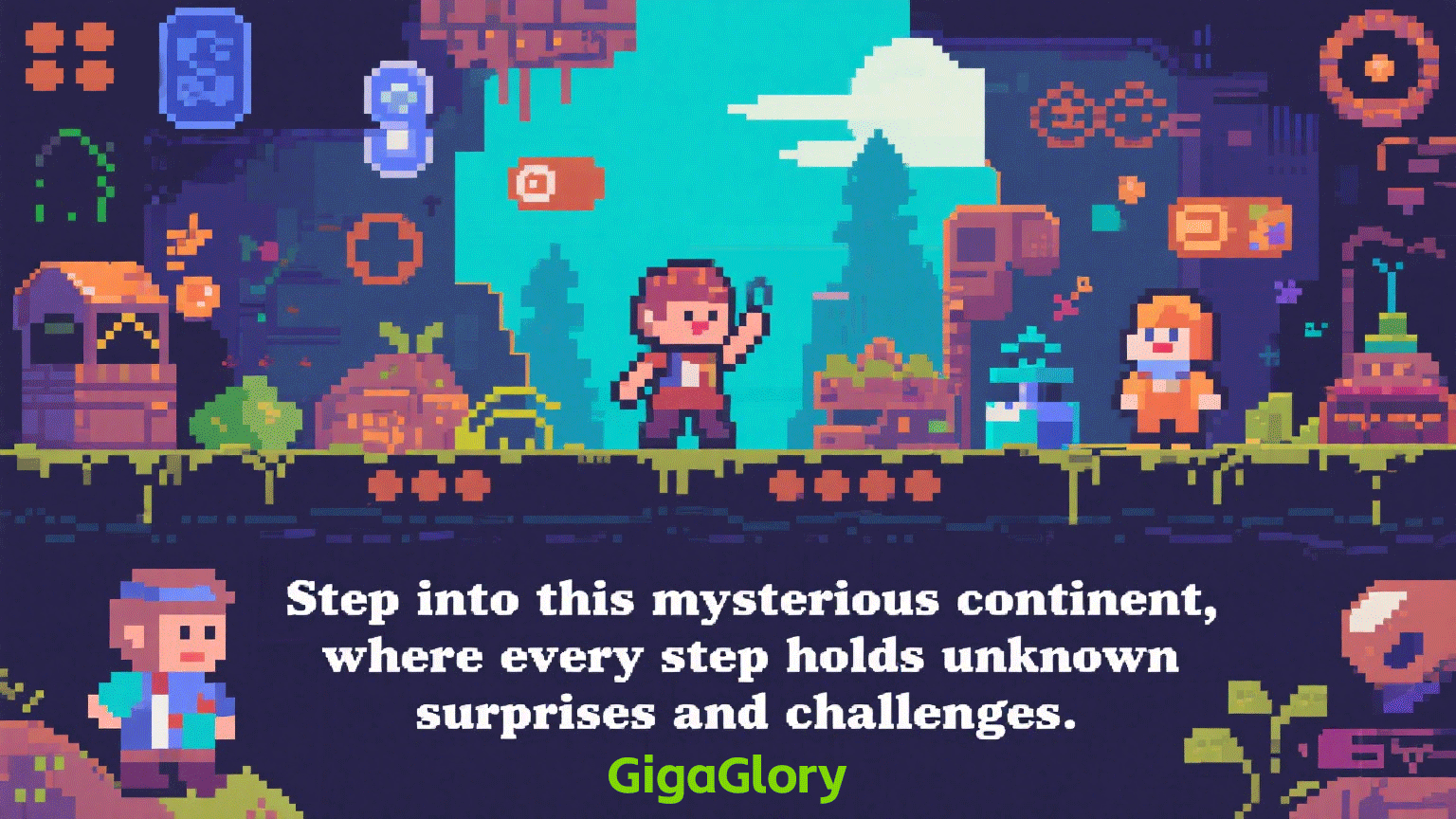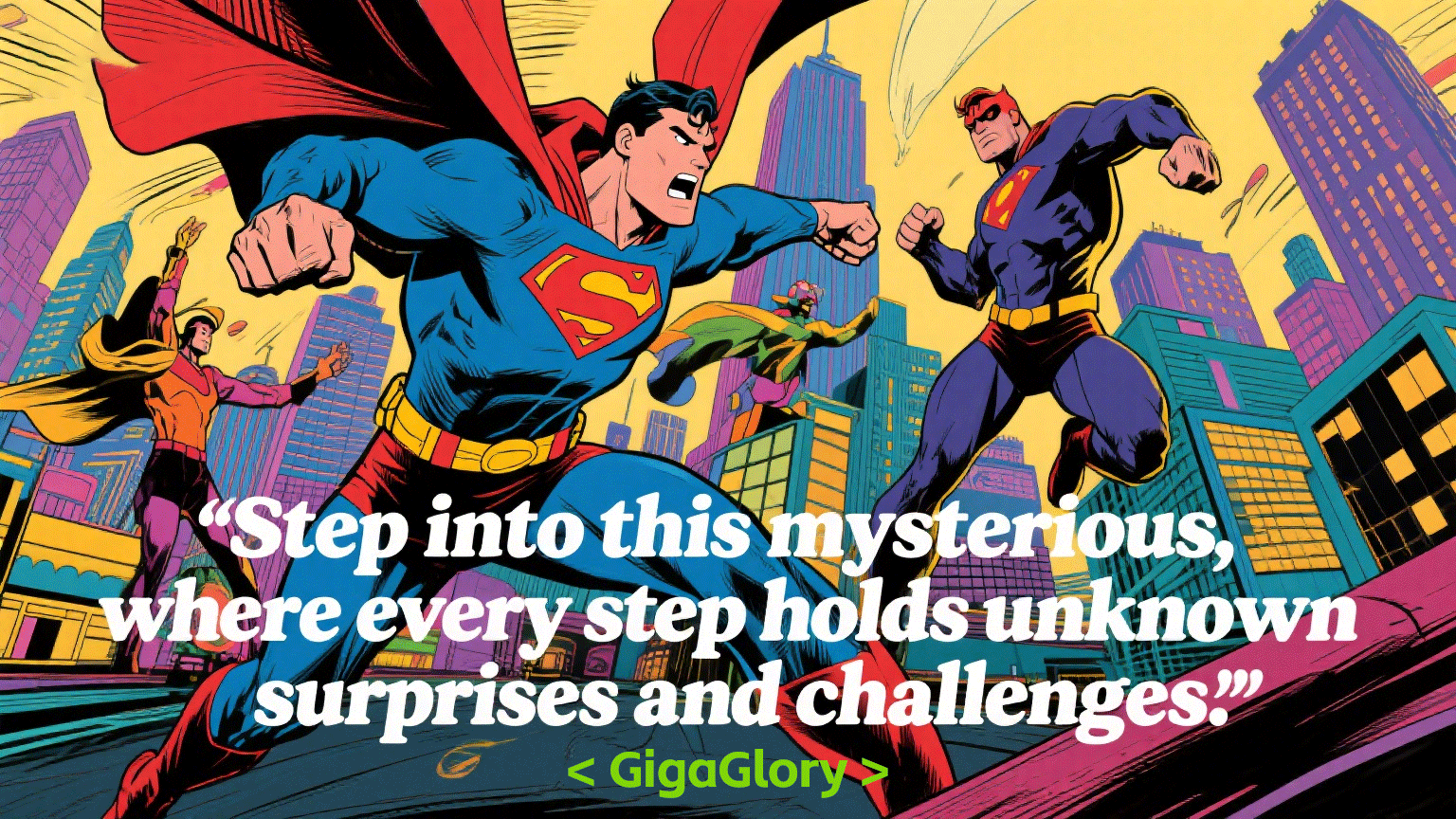Why RPG Games Are More Than Just a Game: Exploring Their Impact on Storytelling and Community
RPG games, like Clash of Clans and Clash of Magic, have garnered immense popularity over the years. But what makes them more than mere entertainment? Let's dive into the multifaceted impact of RPG games on storytelling and community engagement.
The Essence of RPG Games
At their core, RPG games facilitate immersive experiences. They allow players to step into the shoes of a character, often crafted meticulously within rich worlds. These games blend strategy, imagination, and collaborative play, creating a unique platform for storytelling.
The Evolution of Storytelling in RPGs
When we look back, the early days of RPG games primarily revolved around text-based adventures. Fast forward to today, and we have sprawling narratives replete with intricate plots, character development, and emotional depth. This evolution has significantly altered the landscape of storytelling in games.
Character Development: The Heart of RPGs
- Personal Growth: Players often witness their characters evolve over time, reflecting their own journeys.
- Emotional Connections: Well-written characters can evoke real emotions—joy, sorrow, triumph, and despair.
- Player Agency: Choices made by players can have ripple effects, shaping both narrative outcomes and character fates.
The Role of Community in RPG Games
RPG games are not simply solitary experiences. The thriving communities around games like Clash of Clans create a vibrant social fabric. Players share strategies, trade in-game items, and even form lasting friendships.
Building Digital Communities
| Element | Impact |
|---|---|
| Shared Goals | Enhances teamwork and collaboration. |
| Communication | Fosters connections and exchanges of ideas. |
| Events | Encourages participation and excitement. |
The Impact of In-Game Narratives
The narratives within RPG games often reflect larger societal themes, such as morality, freedom, and sacrifice. These themes resonate deeply with players and can provoke thought about real-life issues.
Comparison: RPGs vs. Traditional Storytelling
Unlike traditional media, RPGs offer an interactive form of storytelling. Here’s a quick comparison:
- Story Control: In traditional media, the narrative is fixed. In RPGs, players dictate the flow.
- Character Immersion: Readers watch characters evolve whereas players live through them.
- Community Engagement: Traditional storytelling often lacks real-time dialogue among audiences.
Creating and Following Myths
Many RPGs introduce their own myths and legends, enriching the game's lore. Players become participants and storytellers, adding layers to these mythologies as they discuss them in forums or gameplay sessions.
The Arrival of Modern Technology
With advancements in technology, RPGs have become more accessible. Graphics improvements, AI enhancements, and online connectivity have transformed gameplay, offering experiences that are often cinematic in nature.
The Impact of Social Media on RPG Communities
Platforms like Twitter, TikTok, and Reddit are buzzing with discussions around RPG games. Players share tips, fan art, and elaborate on their adventures, further solidifying the community aspect.
FAQs About RPG Games
- What are RPG games? RPGs (Role-Playing Games) are games where players assume the roles of characters in a fictional setting.
- How do RPG games differ from other genres? RPGs focus on character development, narrative, and player choice.
- Why are communities important in RPGs? Communities provide support, share resources, and enhance the overall gaming experience.
Conclusion: More Than Just Games
RPG games have shifted from simple entertainment to dynamic platforms that impact storytelling and foster community bonds. As we continue to embrace this genre, we realize they are not just games; they are narratives we live through, communities we build, and reflections of our collective experiences. So, the next time you dive into Clash of Clans or another RPG, remember: you are part of a much larger story.



